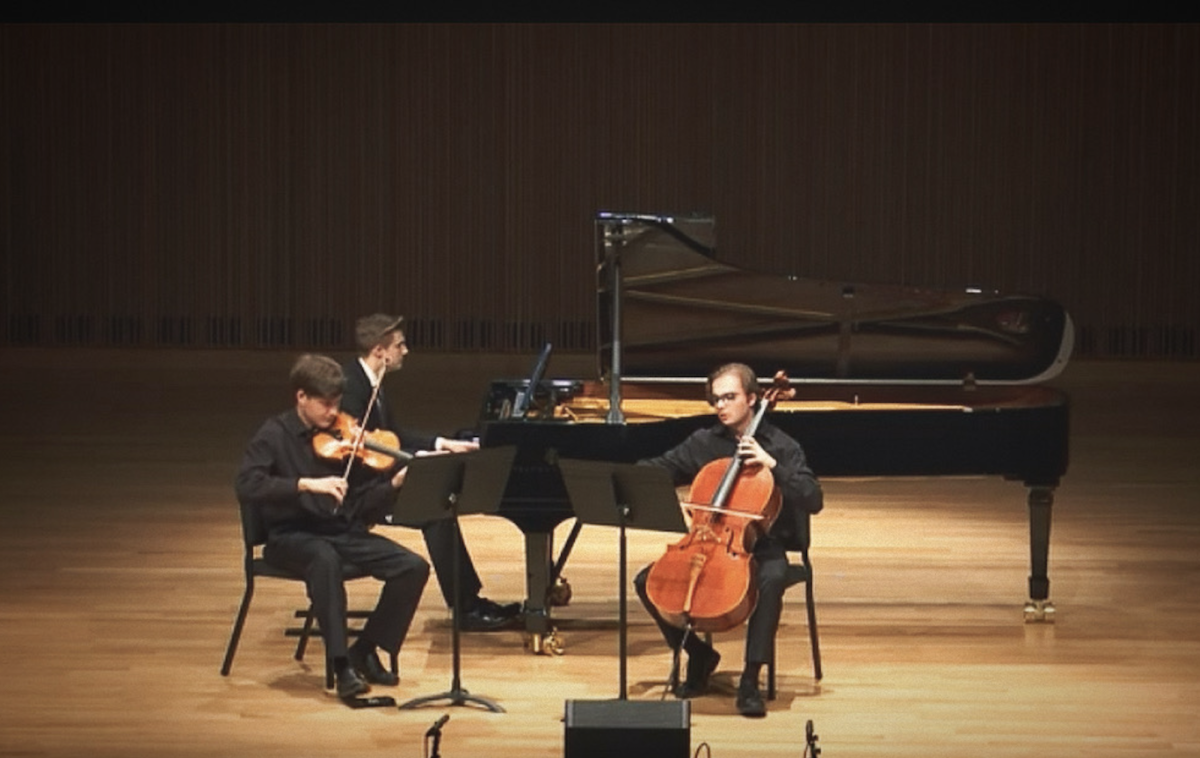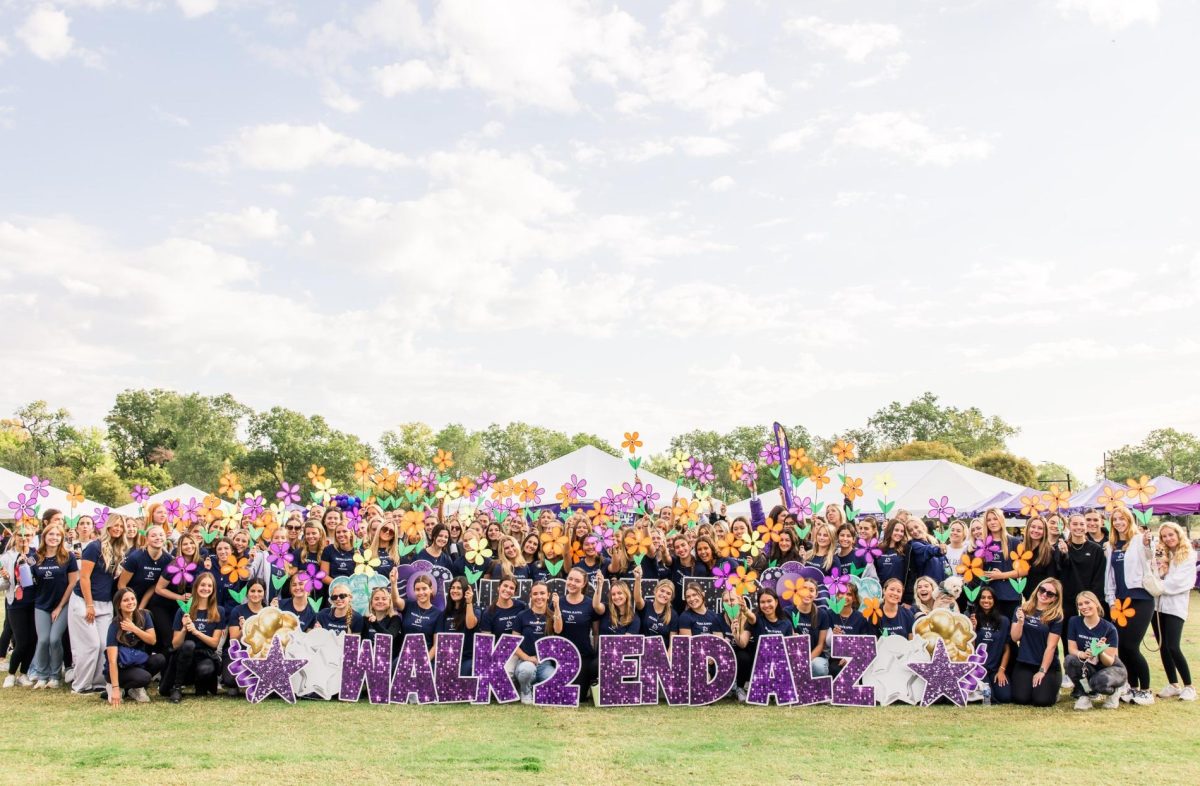There’s a blurry line between substance use and abuse on college campuses.
According to a study done by the National Institute of Health, nearly half of the students in the clinical study showed signs of substance disorders throughout the first three years of college.
The NIH researchers state that substance abuse has become integrated into the college experience.
Not only does this abuse affect the mental and physical health of students, but it is also often associated with lower GPAs and consequently a lower graduation rate.
In 2014, TCU saw this rising issue and created the Collegiate Recovery Community (CRC).
Caroline Sahba, the associate director of Substance Use and Recovery Services, shared that TCU was inspired to start this program after “students verbalized a need for connection to peers” during recovery as well as “offering on-campus service for aftercare.”
Sahba explains the “community is a place for students in active recovery to connect with others who are on the same path.”
She also mentions this group is for individuals who may be “sober curious,” or looking to change their substance use patterns.
Walking in to share such personal struggles among a group of students may seem overwhelming, but Sabha insists that “peer support communities like the CRC offers a connection with peers and an exceptional value to healthy recovery that individual counseling simply can not.”
The student-led group focuses on stories of strength and hope as students share their experience of staying sober over the weekend at parties, while still enjoying quality time with friends.
Sabha says this aspect of the group is more receptive to students than learning the harmful effect substance abuse can have on the body.
The Indian Health Services offers some signs of abuse to watch out for including frequent blackouts, intense urges for the substance or if attempts to stop use become unsuccessful.
For those who believe their substance use has become abuse, help is available on TCU’s campus. The CRC meets on Thursday nights at 6:00 p.m. in Jarvis Hall 204. Additionally, individualized care is also available through the Counseling Center and Substance Use and Recovery Services.










